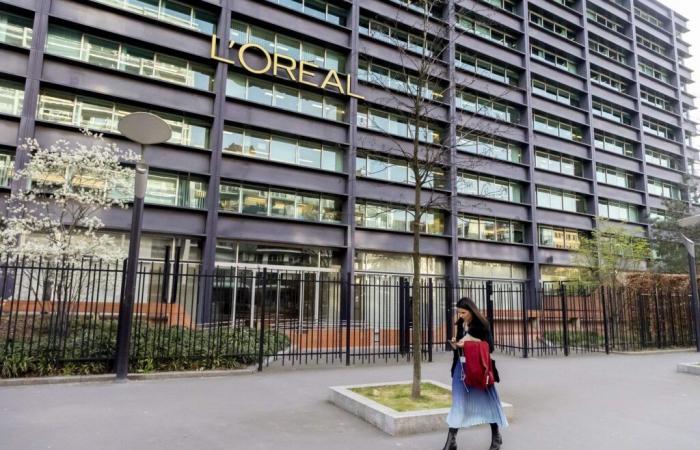
The Cross: Several American companies have recently announced that they are abandoning their diversity and inclusion policies. Is the situation comparable in French companies?
Élodie Baussand: France is in a paradoxical situation: some are alarmed by a woke turn of French companies but in concrete terms, it is difficult to find tangible proof. These are always the same – and rare – cases which are cited like L’Oréal, which removed the words « blanc » et “bleaching” of certain cosmetic products, or Lego which has removed, at a global level, advertising for its toys bearing the image of law enforcement. And these examples are limited to 2020, after the death of Black American George Floyd in the United States. We cannot leave things alone and we must be careful not to import into our companies a debate that is taking place in the United States. France has neither the same history nor the same social and societal issues.
So there is no progression of wokism in companies in France?
E. B. : One thing is certain: it is not wokism to say that we must make companies more inclusive, that we must ensure that we reduce inequalities and advance equality between women and men… In France, diversity and inclusion policies pursue this type of objective in a very pragmatic way and this has changed things: without quota, there would not have been more women in the management structures of companies, without index professional equality (women-men), employers would not be vigilant on this issue.
That being said, the theme of gender has indeed been shaken up by the shock wave of #MeToo. Menstrual leave, the demand for equal maternity and paternity leave, issues linked to the mental burden of women… All these provisions, which it is positive to question, are today in fact at the door of companies , or even entered it. Such measures have nothing to do with wokism. There are no woke companies in France.
Why is this feeling gaining ground?
E. B. : The problem is that society tends to expect companies to position themselves on almost all subjects, and this results in communication that is more or less well done. I’m thinking of this recent advertising video from a large French group which highlighted a disabled employee, an overweight employee, a transgender person…
This film probably had a sincere intention – to display open-mindedness – but it was rather clumsy. When communication or marketing gets involved in these subjects which relate to HR policies, it can give rise to the feeling of a form of wokism. Furthermore, you also need to know where you are looking. Companies that can suggest its progress in France are often large and internationalized. The question does not arise at all in the same way in small organizations.
What is at stake?
E. B. : The real path behind all this is to tackle the “root causes” that are holding back diversity and inclusion. In the company that I co-founded, for example, we recruit young graduates from outside major schools, with career paths that are not always linear, thus promoting social openness in our consulting profession. This represents a financial and human cost that we consider an investment for our company and the country.
More broadly, all the barometers show that employees’ primary concerns are centered on the place given to work in life, salary recognition and quality of life at work. These are projects to tackle. This would make it possible, rather than trying to respond to possible specific requests, to give the company a project centered around living together and to get employees to buy into it.
(1) The untraceable “woke” companyby Élodie Baussand and Denis Maillard, December 2024.





